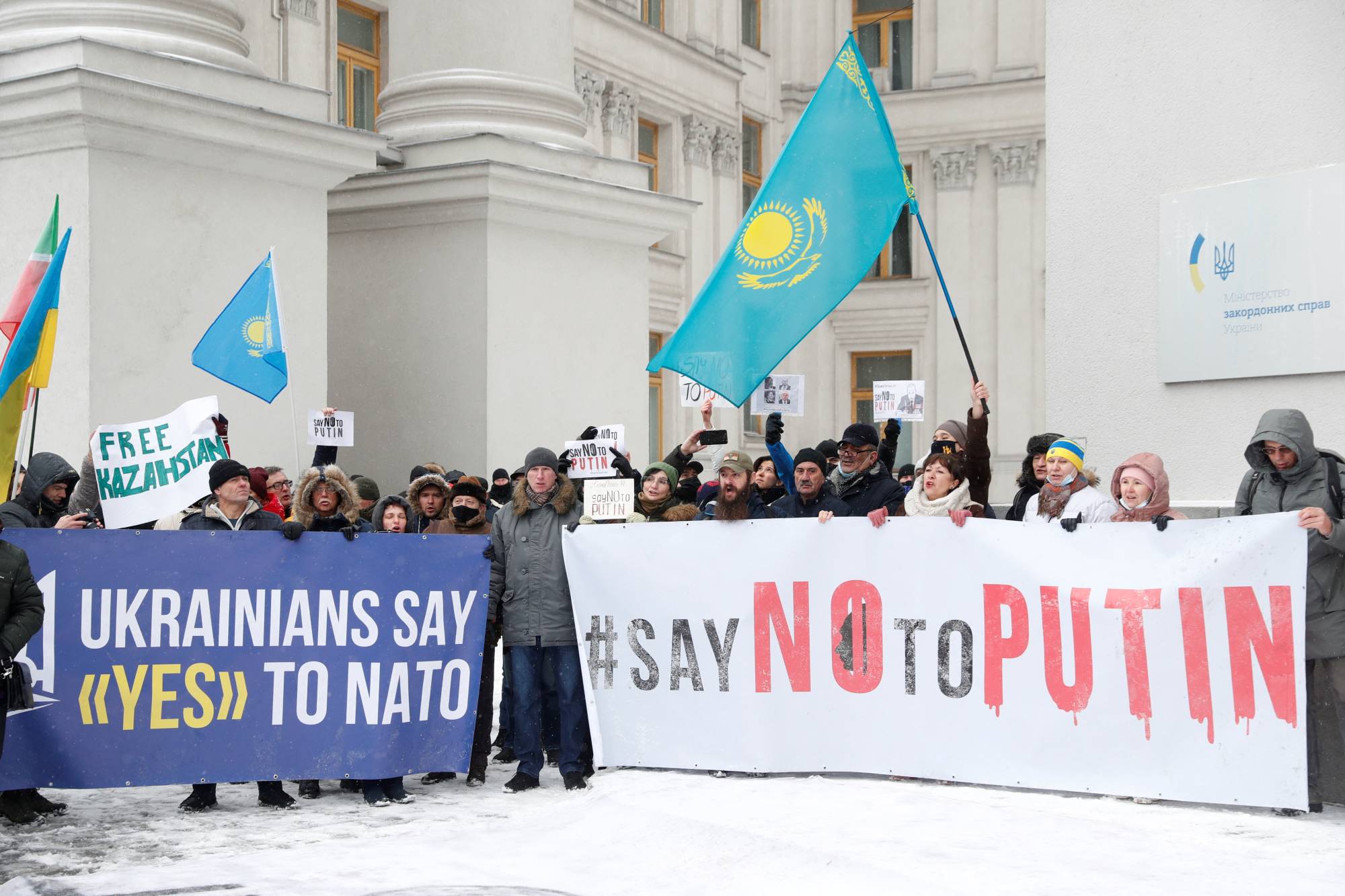Russia’s relations with the West have plummeted, reaching their lowest point since the annexation of Crimea in 2014.
Some observers worry that the risk of full-scale conventional war in Europe is higher than any time since the collapse of the Soviet Union 30 years ago. The proximate cause of this parlous state of affairs is Ukraine, which Russian President Vladimir Putin, like many fellow nationalists, considers an integral part of his country. For them, Western security guarantees to Kyiv are an offense to Russian sensibilities, sovereignty and security.
While that assessment is correct, it is a superficial reading of this moment and its impact. The Ukraine crisis represents a more fundamental challenge to the global order. It is the product of Putin’s most basic beliefs: a conviction that Russia is disrespected in the world; that Moscow deserves a sphere of influence in which its concerns and preferences take precedence over those of the sovereign nations that inhabit the area; and that the West is too divided and the United States too weak to do anything about it. Much rests on the outcome of this crisis, including dynamics in Asia, half a world away.

















With your current subscription plan you can comment on stories. However, before writing your first comment, please create a display name in the Profile section of your subscriber account page.